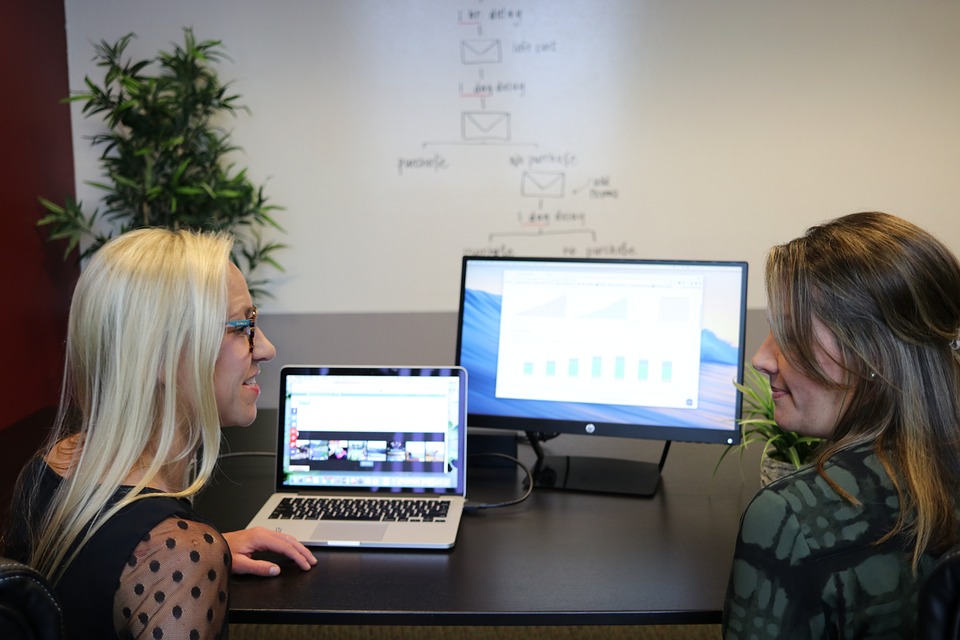Understanding the Cost of Building a Website: Factors to Consider
In today’s digital age, having a website has become an essential part of running a successful business. Whether you are a small startup or a large corporation, a website allows you to establish an online presence, reach a wider audience, and showcase your products or services. However, when it comes to building a website, one of the most common questions is, “How much will it cost?”
The cost of building a website can vary greatly depending on several factors. It is essential to understand these factors and consider them before embarking on your website development journey. In this article, we will explore the various elements that influence the cost of building a website.
1. Type of Website:
The type of website you want to build plays a significant role in determining the cost. There are different types of websites, such as informational websites, e-commerce websites, portfolio websites, or custom web applications. Each type requires different functionalities and features, which can impact the cost. For example, an e-commerce website with a shopping cart, payment gateway, and inventory management system will generally cost more than a simple informational website.
2. Design and Layout:
The design and layout of your website are crucial in attracting and engaging visitors. A well-designed website with an intuitive user interface can significantly enhance the user experience. However, creating a visually appealing and user-friendly design requires the expertise of a professional web designer. The cost of design can vary depending on the complexity of the design, the number of pages, and the level of customization required.
3. Content Management System (CMS):
A content management system is a software that allows you to manage and update your website’s content without any technical knowledge. Popular CMS platforms like WordPress, Joomla, or Drupal offer a wide range of features and flexibility. The choice of CMS can affect the cost, as some platforms may require additional customization or licensing fees.
4. Customization and Functionality:
Customization and functionality requirements are unique to each website. If you have specific features or functionalities in mind, such as a customer login portal, integration with third-party services, or complex forms, it may require additional development work. Customization and complex functionalities often increase the cost of building a website.
5. Responsive Design:
With the increasing use of mobile devices, it is vital to have a responsive website that adapts to different screen sizes. Responsive design ensures that your website looks and functions well on desktops, laptops, tablets, and smartphones. Creating a responsive design may require extra development efforts, which can impact the overall cost.
6. Hosting and Domain:
Hosting and domain are ongoing expenses associated with maintaining a website. Hosting refers to the server space where your website files are stored, while a domain is your website’s address (e.g., www.yourbusiness.com). The cost of hosting and domain can vary depending on the hosting provider, server specifications, and the level of support and security offered.
7. SEO and Digital Marketing:
Building a website is just the first step; attracting visitors and generating traffic is equally important. Search Engine Optimization (SEO) and digital marketing strategies help improve your website’s visibility in search engine results and drive targeted traffic. These services can be outsourced to professionals or handled in-house, and the cost will depend on the scope and complexity of your marketing efforts.
8. Maintenance and Updates:
Websites require regular maintenance and updates to ensure they remain secure, functional, and up to date. This includes updating plugins, fixing bugs, and implementing security measures. If you don’t have the technical expertise in-house, you may need to hire a web developer or subscribe to a maintenance plan, which can add to the overall cost.
In conclusion, understanding the cost of building a website involves considering various factors such as the type of website, design and layout, content management system, customization and functionality, responsive design, hosting and domain, SEO and digital marketing, and ongoing maintenance. By evaluating these factors and determining your specific requirements, you can get a better understanding of the cost involved and make informed decisions when it comes to building your website. Remember, investing in a well-designed and functional website is an investment in the success and growth of your business.





